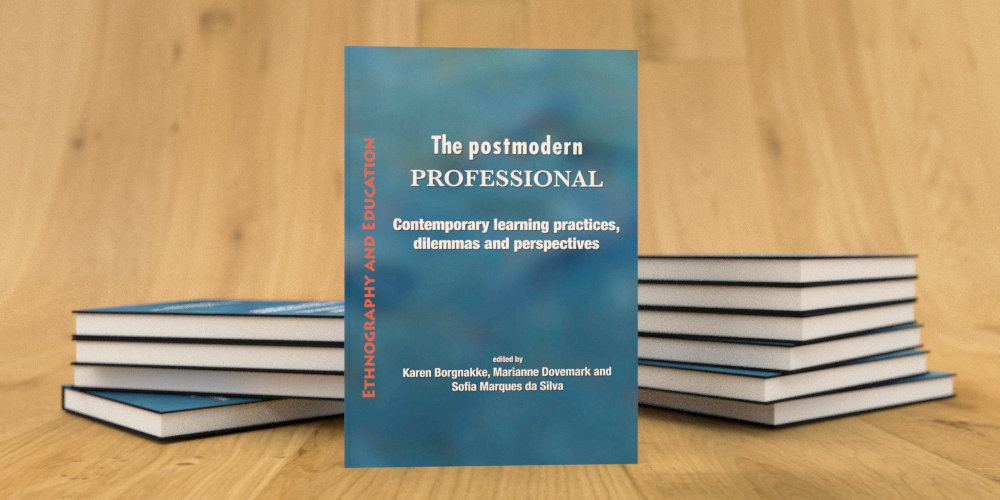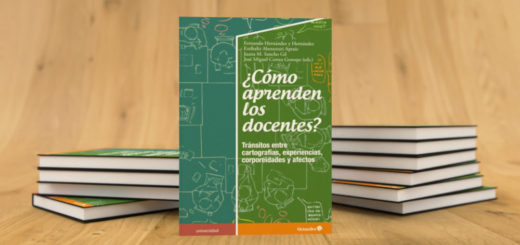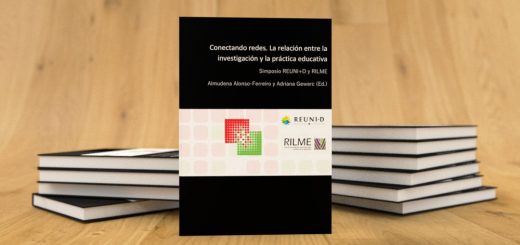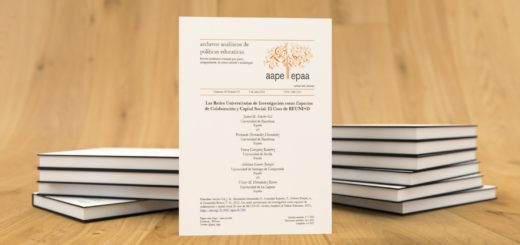The postmodern professional: Contemporary learning practices, dilemmas and perspectives

In the last two decades the teaching profession has increasingly lost autonomy and become subject to political change that has introduced a market orientation to both educational organisation and culture. The stages that the teaching profession has gone through can be characterised as: pre-professional; autonomy; collegial and the post-professional age. This book explores both the Anglo-American curriculum tradition and the central European ‘didactic-tradition’ which have had an impact on these processes. Against this backdrop, the book provides an international overview as well as deeper insight into national and local practices. Based on ethnographic case studies each chapter makes its own unique contribution by exploring empirical data and discussing theoretical possibilities related to the common current question, namely what it means to be a professional teacher in the post-modern era of professionalism.
REUNI+D has contributed with the following chapters:
Building democratic relationships at school? Families, students and teachers in context
José Ignacio Rivas, Analia Leite and Pablo Cortés
Primary school teachers’ professional identity: An ethnographic study
Juana M. Sancho, Fernando Hernández, Amalia Creus, Laura Domingo and Alejandra Montané
Tales from the field: Student teachers’ ups and downs during their first professional experiences
José Miguel Correa, Asunción Martinez-Arbelaiz, Estibaliz Aberasturi, Luispe Gutiérrez
Publication date
18/04/2017
Editors
Karen Borgnakke
Marianne Dovemark
Sofia Marques da Silva






